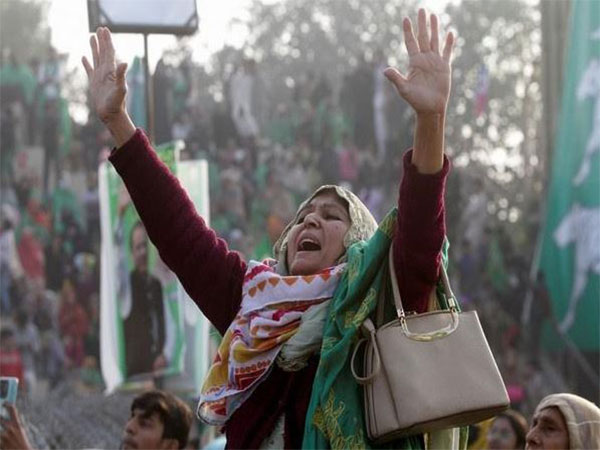During a seminar at the Karachi Press Club on Sunday, the Home-Based Women Workers Federation (HBWWF) in Pakistan has demanded the revocation of all the discriminatory laws and violence against women in Pakistan.
The seminar was titled ‘Women’s resistance knows no borders’ and was conducted to recognise the International Day for the Elimination of Violence against Women. (The Dawn reported)
The event was attended by several political, social, and rights activists. Asad Iqbal Butt, the Chairman of the Human Rights Commission of Pakistan (HRCP), presided over the event. (Reported By the Dawn)
The Participants advocated for the creation of anti-harassment committees in workplaces, the swift return of missing persons, the restoration of democratic rights including freedom of expression, and the ratification of ILO Convention 190 by Pakistan.
Nasir Mansoor from the National Trade Union Federation (NTUF) highlighted that despite the workplace harassment law enacted in 2010, judicial delays and societal pressures have hindered justice for women. (As reported by the Dawn)
He pointed out that, as per the Global Gender Gap Index 2018, Pakistan ranks as the sixth most dangerous country for women.
According to the Dawn, Mansoor shared alarming statistics: 85% of women workers face workplace harassment, 90% of domestic workers experience harassment, 40% of women report digital harassment, 28% of women aged 14-49 suffer physical violence, and 6% are victims of sexual violence.
Additionally, over 8,000 families have been affected by enforced disappearances, causing significant emotional and social trauma for many women” due to their love ones are not present.
Sorath Lohar, an activist expressed her sorrow over the traumatic situation of women in Pakistan and said, ” We have been fighting and will continue to fight for our homeland and our resources.”
Sammi Baloch, a prominent Baloch activist, spoke about the severe cruelty faced by Baloch families due to enforced disappearances and she stating that, “Being a woman in this society is itself a form of oppression. History remembers those who refuse to stay silent. Terror doesn’t frighten us–it strengthens our resolve.”


